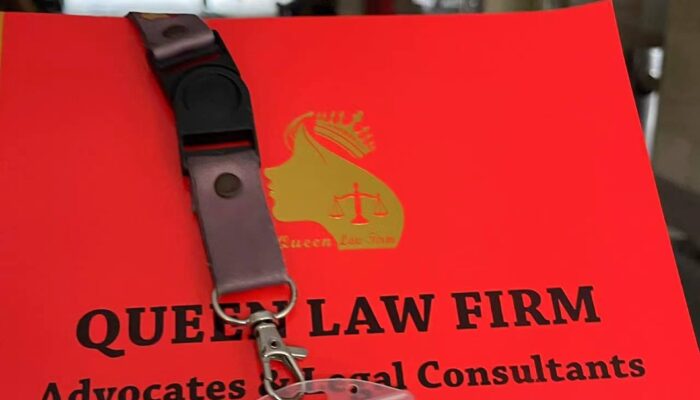In some cases, there are still many clients who ask whether Advocates who are in Java can hold proceedings outside Java. Because the distance is very far, it raises doubts for Clients who are domiciled from where the Advocate is. We need to explain that according to LAW OF THE REPUBLIC OF INDONESIA NUMBER 18 OF 2003 CONCERNING ADVOCATES, Article 5 Paragraph 2 states:
“The Advocate’s work area covers the entire territory of the Republic of Indonesia”
Thus, we can explain that Advocates can hold proceedings anywhere as long as they are still within the territory of the State of Indonesia.
Then, the next question that we usually get is, will there be additional costs for operational costs if there is a case outside the city? In general, there is, depending on the policy of the Advocates themselves. However, with the QUEEN LAW FIRM policy for cases still in the areas of Java Island and Bali Island, we provide Free Operational Costs. So we hope that all Clients from QUEEN LAW FIRM from anywhere can enjoy our services efficiently, cheaply, and quickly in handling cases faced by Clients.











